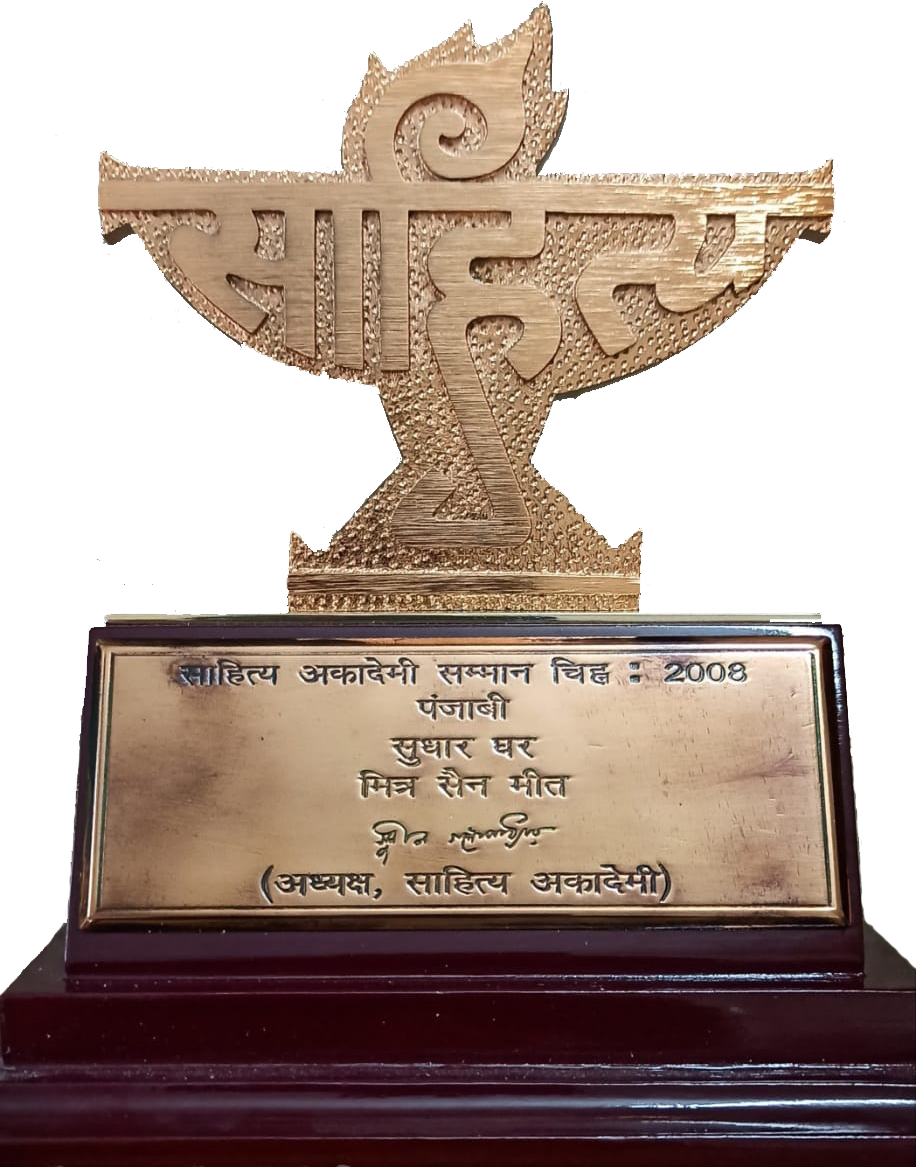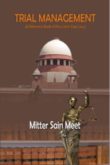Defective Investigation
Relevant Provisions of Law
(Section 156 of Cr.P.C. : Police officer’s power to investigate, cognizable cases.)
Basic Principles of Law
- If evidence is otherwise reliable the entire case cannot be thrown away on the ground of defective investigation.
Due to lack of knowledge of law or partiality, an Investigating Officer may commit irregularities while investigate the case. For such a lapse, the victim of the case cannot be penalised. If the evidence is otherwise reliable, the accused has to be convicted.
A case cannot be thrown away merely on the basis of defective investigation
- i) In case State of U.P. v/s Hari Mohan & others 2001 Cri.L.J.170
Brief Facts of the case
On 18-3-1977 after receiving the letter, which was stated to have been written by Roop Devi, Bhagwan Sahai her father, came to village Kurria Kalan on 19-3-1977 to inquire about his daughter. He was told by accused No. 1 Hari Mohan that Roop Devi had died due to Cholera on 15-3-1977. On 20-3-1977 at about 1.30 p.m. apprehending some foul play Bhagwan Sahay lodged the FIR at police Station Kanth On 22-3-1977 the dead body of Roop Devi, bundled in a gunny bag was found floating in a pond in village Sahwapur, far away from the house of the accused-respondents. On opening the gunny bag it was found that dead body was tied in a saree and wrapped in a bed sheet. It also bore gun shot injuries. Post mortem was conducted on 23-3-1977 and the doctor opined that the deceased had died due to shock and haemorrhage as result of the ante mortem injuries noticed on her body. FIR was registered. The accused were arrested. After completion of investigation charge-sheet was filed in the Court.
While conducting investigation, the Investigating Officer committed the following Irregularities/illegalities:-
- a) The I.O. did not take into possession the licenced gun of the accused which was used by him in committing the offence.
- b) The letter which was written by deceased to her father, the reference of which was given in the FIR itself, was also taken into possession.
Findings of the Trial Court and of the High Court
The Trial Court convicted the accused no.1 u/s 302 IPC. All other accused were convicted u/s 201 of IPC. In appeal, the High Court acquitted all the accused of all the offences. The ground of acquittal was that the investigation was defective.
Feeling aggrieved, the State of U.P. filed an appeal in the Hon’ble Supreme Court.
Proceedings before the Hon’ble Supreme Court
Plea of the State Counsel
One contention of the State Counsel was that other evidence brought on record was cogent and trustworthy. The accused cannot be acquitted merely on the ground of defective investigation.
Question of Law
Whether accused can be acquitted merely on the basis of defective investigation?
Findings of the Hon’ble Supreme Court
The Hon’ble Supreme Court held that defective investigation cannot become the basis for acquittal of the accused, especially when other evidence is reliable and trustworthy.
While holding so the Hon’ble Supreme Court observed as under:-
Para “9. Before appreciating the circumstantial evidence in the case, we are at pain to place on record our displeasure regarding the conduct of the investigation in the case. The investigating Officer appears to have left no stone unturned to help the accused-respondents. It appears that the valuable evidence, though available, was not collected apparently for ulterior purposes. The conduct of the investigating officer SI D. P. Tiwari (P. W. 7) was even noticed by the trial Court. On 30th October, 1978 while recording his statement, the trial Court observed that “it appears that the IO was negligent and an irresponsible investigating officer”. It was noticed that “the witness giving aforesaid statement and it appears that he wants to damage the prosecution case”. It is not disputed that during investigation it had come in evidence that respondent No. 1 was possessed of a licensed gun which was stated to have been used by him on 15-3-1977, the alleged day of occurrence, yet no effort was made by the IO to seize the gun or get it examined by an expert to ascertain whether any shot was fired from its barrel. He also failed to have taken into custody the letter written by the deceased for a sufficiently long period though its mention was made by the P. W. 1 in the FIR itself. However, the defective investigation cannot be made a basis for acquitting the accused if despite such defects and failures of the investigation, a case is made out against all the accused or anyone of them. It is unfortunate that no action can be taken against the IO at this stage who, in all probabilities, must have retired by now.”
(ii) In case State of Punjab v/s Gurmit Singh 1996 Cri.L.J. 1728(1)
Brief Facts of the case
Note:- Detailed facts of the case have already been mentioned in chapter- ‘Rape’.
Relevant Facts of the case
While conducting investigation, the Investigation Officer committed the following irregularities/illegalities:-
- a) The Investigating Officer did not take the car, in which the prosecutrix was abducted into police possession.
- b) The driver of the said car was also not arrested or joined in investigation.
Findings of the Designated Trial Court
The Trial Court disbelieved the version of the prosecutrix and acquitted the accused. One of the grounds of the acquittal was the defective investigation.
The State of Punjab filed an appeal in the Hon’ble Supreme Court.
Plea of the State Counsel
One contention of the State Counsel was that the victim had no control on the working of the Investigating Officer. The defective investigation cannot become a ground for acquittal of an accused.
Question of Law
Whether accused can be acquitted merely on the basis of defective investigation?
Findings of the Hon’ble Supreme Court
The Hon’ble Supreme Court held that negligence of an Investigating Officer cannot affect the creditability of the evidence of the prosecutrix and it cannot become the basis for the acquittal of the accused.
While holding so the Hon’ble Supreme Court observed as under:-
Para “6…..Again, if the Investigating Officer did not conduct the Investigation properly or was negligent in not being able to trace out the driver of the car, how can that become a ground to discredit the testimony of the prosecutrix? The prosecutrix had no control over the investigating agency and the negligence of an Investigating Officer could not affect the credibility of the statement of the prosecutrix……”
(iii) In case State of Rajasthan v/s Kishore 1996 Cri.L.J. 2003
Brief Facts of the case
Brief facts of the case were that Guddi, who received burn injuries, was admitted in the hospital. After receiving information the Investigating Officer proceeded to the hospital and recorded her statement. Additional Chief Judicial Magistrate also recorded statement of the deceased.
Irregularities/illegalities committed by Investigating Officer were that he did not send the burnt clothes and other incriminating material for chemical examiner to lend corroboration to the evidence.
Findings of the Trial Court and of the High Court
The Trial Court believed the Dying Declaratoin of the deceased and convicted the accused.
In an appeal, the High Court disbelieved the Dying Declaration and acquitted the accused. One of the grounds of the acquittal was defective investigation.
Feeling aggrieved, the State of Rajasthan filed an appeal in the Hon’ble Supreme Court.
Plea of the State Counsel
One contention of the State Counsel was that defective investigation cannot become a basis for the acquittal of the accused, especially when other evidence is reliable.
Question of Law
Whether accused can be acquitted merely on the basis of defective investigation?
Findings of the Hon’ble Supreme Court
The Hon’ble Supreme Court held that defective investigation cannot become the basis for acquittal of the accused, especially when the other evidence reliable and trustworthy.
While holding so the Hon’ble Supreme Court observed as under:-
Para “18. It is equally true that the investigating officer P. W. 8 committed grave irregularity in omitting to send the burnt clothes and other incriminating material for chemical examination to lend corroboration to the evidence. Mere fact that the investigating officer committed irregularity or illegality during the course of the investigation would not and does not cast doubt on the prosecution case nor trustworthy and reliable evidence can be cast aside to record acquittal on that account. It is seen from the Panchanama recovery of the incriminating material from the scene of offence that there was an attempt to screen the offence by destroying the evidence. Others were prevented from entering the room. That by itself indicates an attempt on the part of the accused to destroy the incriminating evidence and to prevent others from saving the life of the deceased. Therefore, the absence of smell of kerosene oil on the hair sent for chemical examination does not render the dying declaration of the deceased suspect nor would it become unbelievable. The High Court, therefore, has not considered the evidence in the proper and legal perspective but felt it doubtful like Doubting Thomas with vacillating mind to accept the prosecution case for invalid reasons and wrongly gave to the respondent the benefit of doubt.”
Cases Referred:
- State of U.P. v/s Hari Mohan & others 2001 Cri.L.J. 170
- State of Punjab v/s Gurmit Singh 1996 Cri.L.J. 1728(1)
- State of Rajasthan v/s Kishore 1996 Cri.L.J. 2003







More Stories
Investigation
First Information Report
Statement of Witness